
Top Equine Surgery and Lameness Studies of 2018
Dr. Wes Sutter recaps studies on MRI for diagnosing hock problems, tieback surgery, evaluating suspensory ligament branch injuries, nerve blocks, and more.

Dr. Wes Sutter recaps studies on MRI for diagnosing hock problems, tieback surgery, evaluating suspensory ligament branch injuries, nerve blocks, and more.
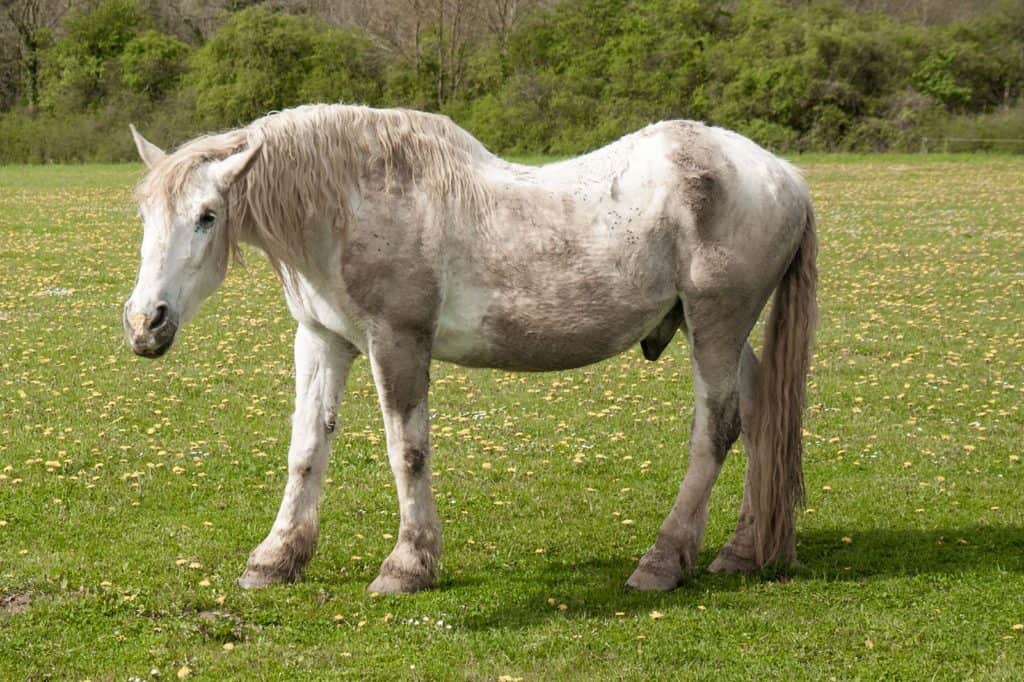
A swollen sheath might be a minor issue, but it also could have more serious implications, one veterinarian says.

Although it can be damaging if fed improperly, starch can be an important part of horse diets. Here’s what you should know.
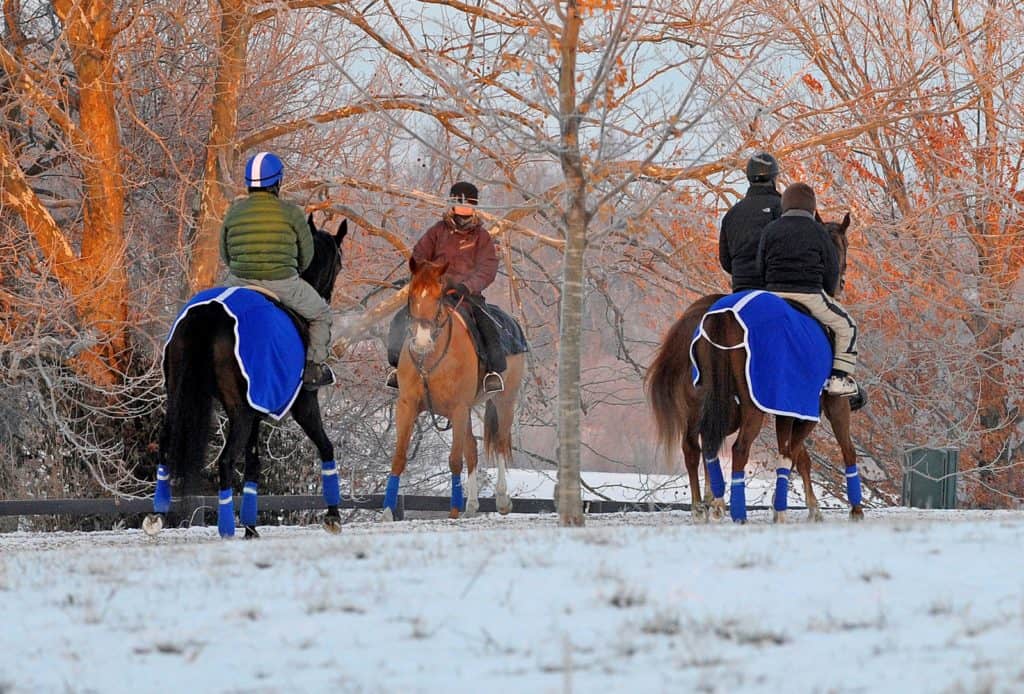
Find out why using coolers on horses post-exercise makes good sense, especially during cold weather.
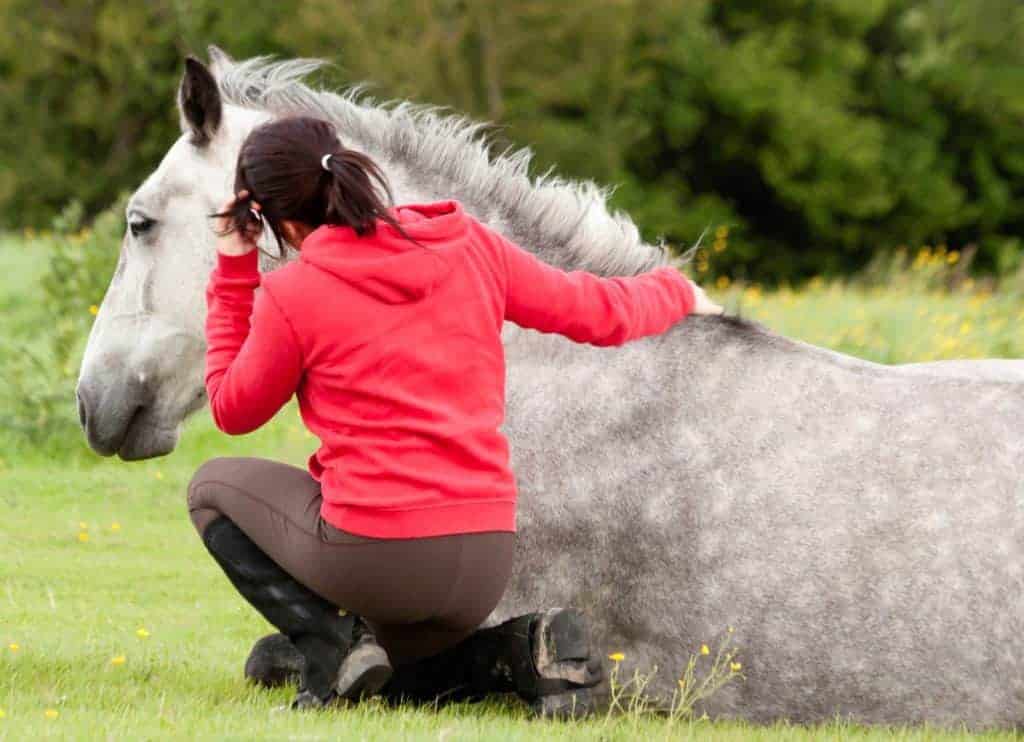
Plan ahead when it comes to making end-of-life decisions for your horse.

Do you have a skinny horse? Here are some tips you can use to help him return to an ideal weight.

Researchers found no apparent link between previous surgery and catastrophic injury, but they did identify associations with medication use and lameness.

Learn how veterinarians are helping the working equids of the developing world and their owners. In this article, Dr. Ashleigh Leighton Kornatowski shares a behind-the-scenes look at a typical day on an equitarian trip.
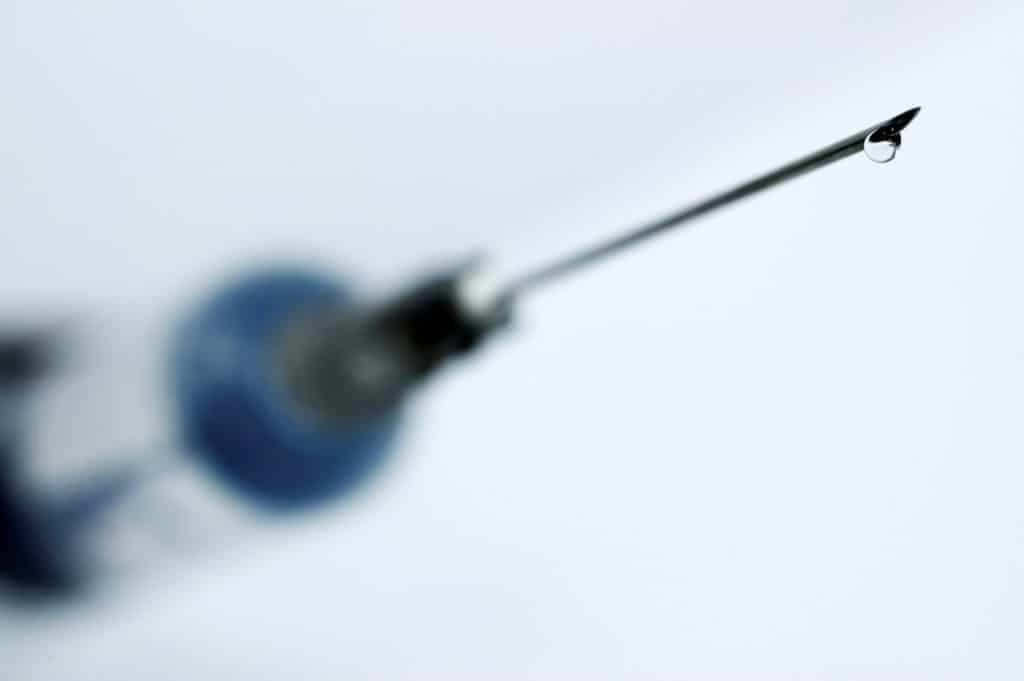
The Association of Racing Commissioners International added more than 70 substances to Uniform Classification Guidelines for Foreign Substances and increased recommended penalties for clenbuterol and albuterol violations in Quarter Horse racing at the AQHA’s request,

Purchasing a horse is primarily about risk assessment, which is why prepurchase exams are so important. Here are some things to keep in mind.

Learn about what vaccines a broodmare should receive during gestation and why vaccinating mares is important for their foals from equine repro expert Dr. Ryan Ferris.

Overweight horses are at risk for a number of health conditions. Here are some tips to use if your horse needs to lose weight.

Researchers found that many old horses are in good body condition. And, at least in certain countries, those that don’t have ideal condition are more likely to be overweight than underweight.
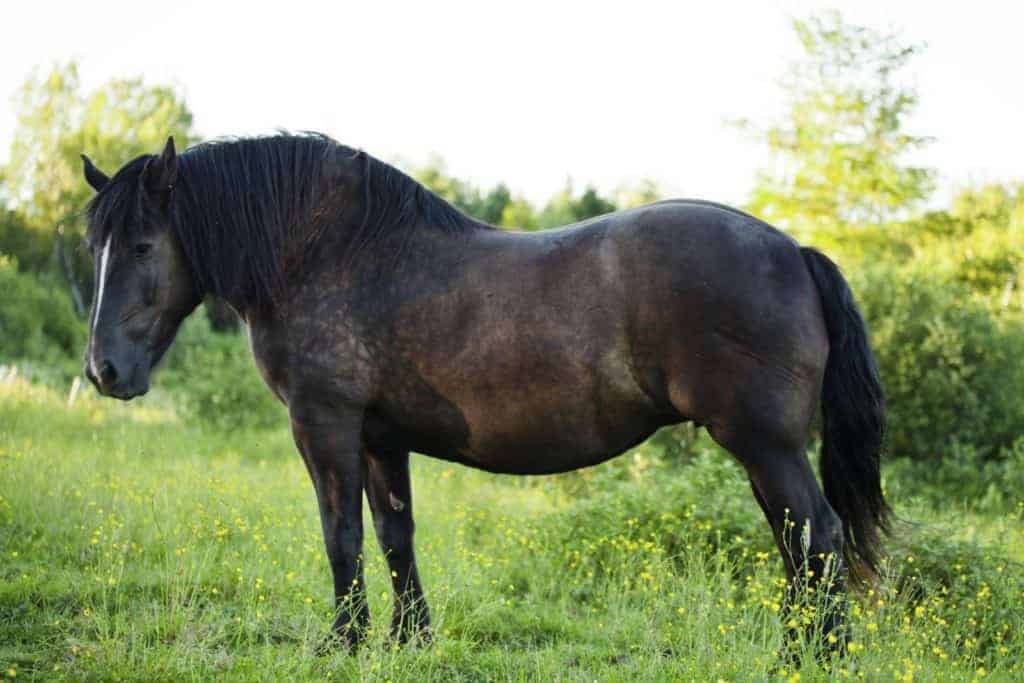
Studies suggest that more than half of certain horse populations in the U.K. are overweight or obese. As such, BEVA urges owners to act now to reduce the risk of their horses suffering weight-related health and welfare risks come spring.
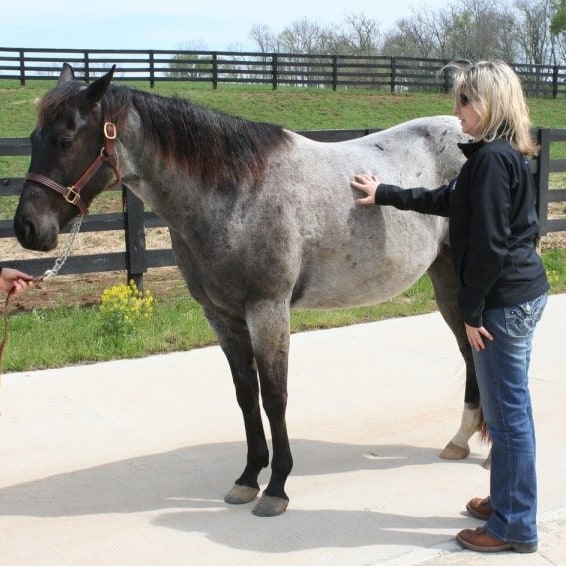
As we understand more about the impact that obesity and emaciation have on equine health, it is imperative that we strive to keep our horses at an optimum body condition.
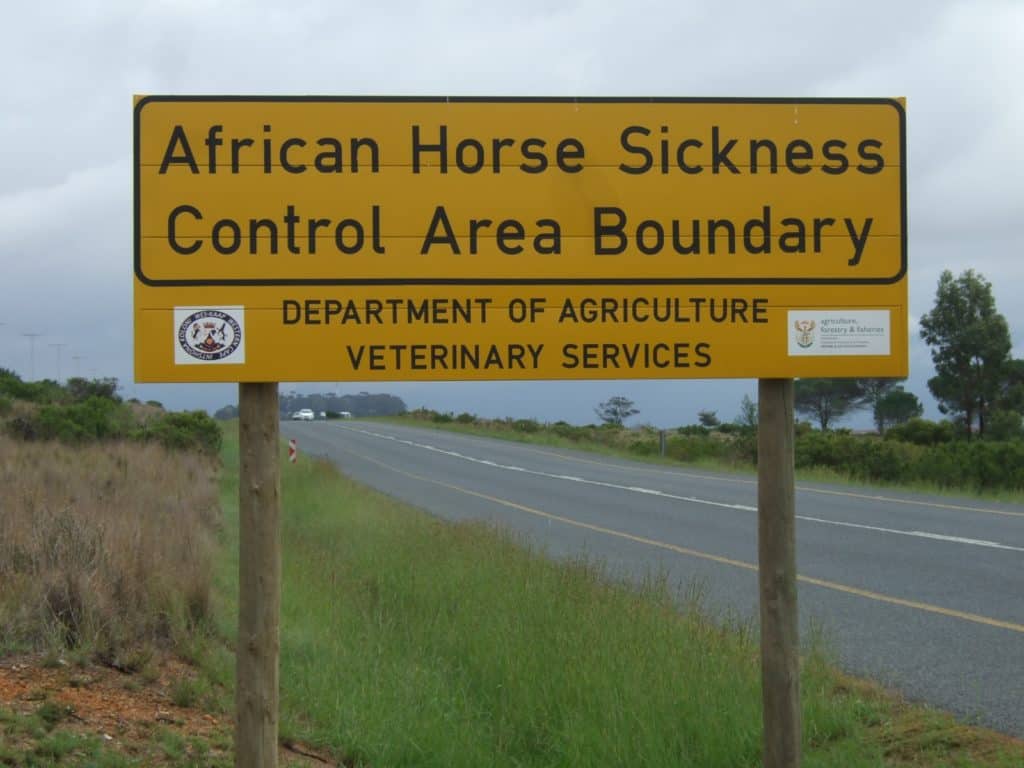
Researchers showed that the VP7 blocking ELISA test is highly reliable and works in exactly the same way every time its used, an important factor African horse sickness control and monitoring.
Stay on top of the most recent Horse Health news with
"*" indicates required fields